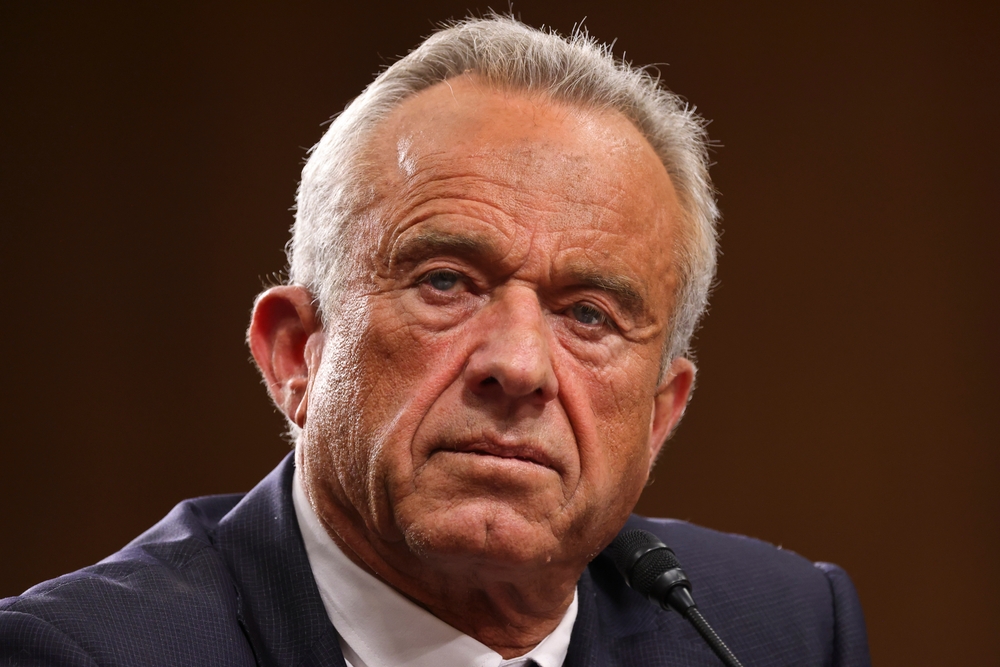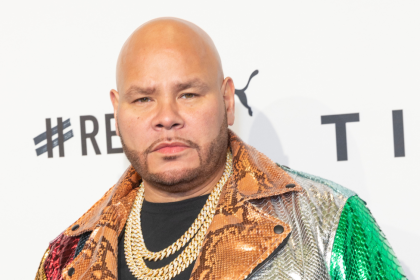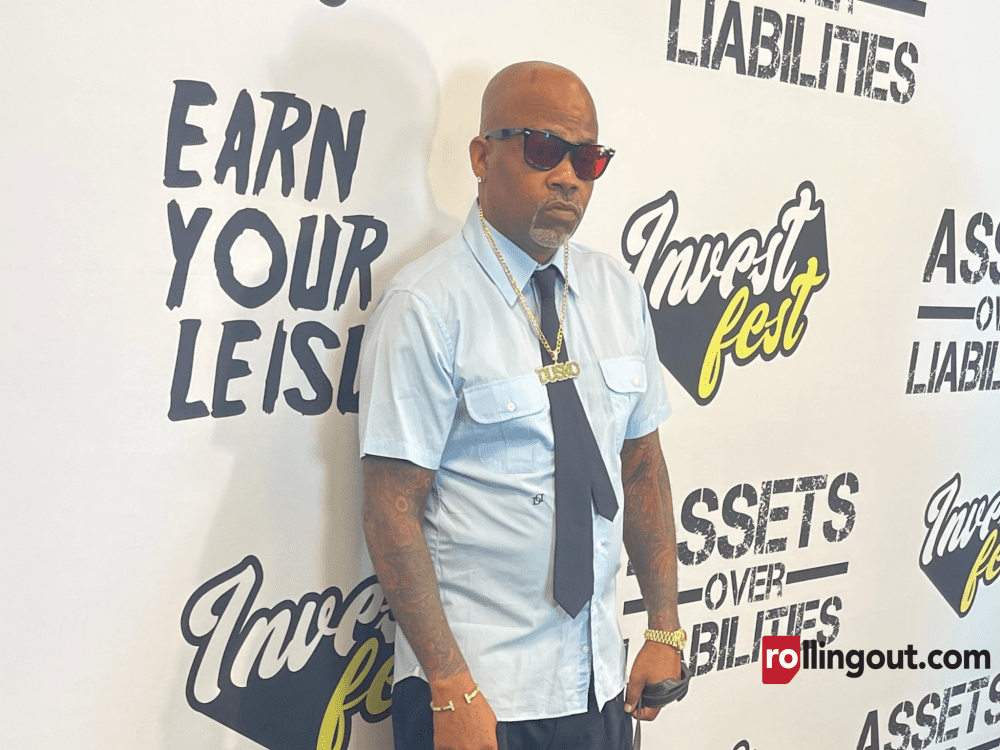Health Secretary Robert F. Kennedy Jr. has unveiled an ambitious and potentially controversial plan that would fundamentally change how Americans monitor their personal health over the next four years. The proposal involves a sweeping government initiative designed to encourage widespread adoption of wearable monitoring technology through what officials describe as one of the largest advertising campaigns in federal health agency history.
Kennedy’s vision represents a dramatic shift toward technology-driven health management that would place monitoring devices directly on citizens’ bodies. The plan has already generated significant market excitement, with major device manufacturers seeing substantial stock price increases following the announcement.
Massive government advertising campaign planned
The Department of Health and Human Services is preparing to launch what Kennedy characterizes as one of the most extensive promotional efforts in the agency’s history. This campaign would specifically target widespread adoption of wearable monitoring devices including smartwatches, fitness trackers, and specialized medical monitoring equipment.
Kennedy emphasized that these devices would empower individuals to take greater control over their personal health outcomes. He explained that real-time monitoring capabilities would allow users to observe immediate physiological responses to dietary choices, physical activity, and lifestyle decisions.
The proposed campaign represents a significant investment in promoting consumer technology adoption through government resources. The initiative would mark a notable departure from traditional public health messaging toward direct endorsement of specific technological solutions.
Cost comparison with expensive medications
Kennedy drew particular attention to the financial advantages of wearable technology compared to popular weight-loss medications. He highlighted the stark cost difference between continuous glucose monitoring devices, which can cost approximately $80, and prescription medications like Ozempic, which can exceed $1,300 monthly.
The health secretary indicated that his department is actively exploring mechanisms to ensure these devices remain financially accessible to American consumers. This approach aligns with his broader philosophy of prioritizing preventive health measures over pharmaceutical interventions.
Market analysts have noted that Kennedy’s comments prompted immediate positive reactions from investors in device manufacturing companies. Abbott and Dexcom, major producers of continuous glucose monitoring technology, experienced significant stock price increases following his congressional testimony.
Privacy concerns and medical skepticism
Despite Kennedy’s enthusiasm for the technology, privacy advocates and medical professionals have raised substantial concerns about widespread wearable device adoption. Digital health experts at Brown University have highlighted significant risks associated with personal health data collection, storage, and potential unauthorized sharing.
The devices typically store sensitive health information in cloud-based systems that could be vulnerable to data breaches or unauthorized access by commercial entities. Privacy advocates worry that personal health metrics could be sold to advertisers, researchers, or other third parties without explicit user consent.
Medical professionals remain divided on the potential benefits and risks of widespread wearable adoption. While some practitioners support patient empowerment through health monitoring, others express concern about increased medical anxiety, inappropriate self-diagnosis, and unsupervised self-medication based on device readings.
Integration with artificial intelligence initiatives
Kennedy also revealed that federal health agencies are incorporating artificial intelligence technology more extensively than any other government sector. He described AI applications across multiple areas including diagnostic procedures, administrative paperwork processing, fraud detection systems, and pharmaceutical review processes.
This technological integration represents part of Kennedy’s broader Make America Healthy Again agenda, which emphasizes chronic disease prevention and reduction. The wearable device initiative serves as a cornerstone of this comprehensive approach to transforming American health outcomes.
The combination of wearable technology promotion and AI integration suggests a fundamental shift toward data-driven health management at the federal level. Kennedy’s vision would create unprecedented government involvement in promoting specific consumer technologies for health monitoring purposes.


















